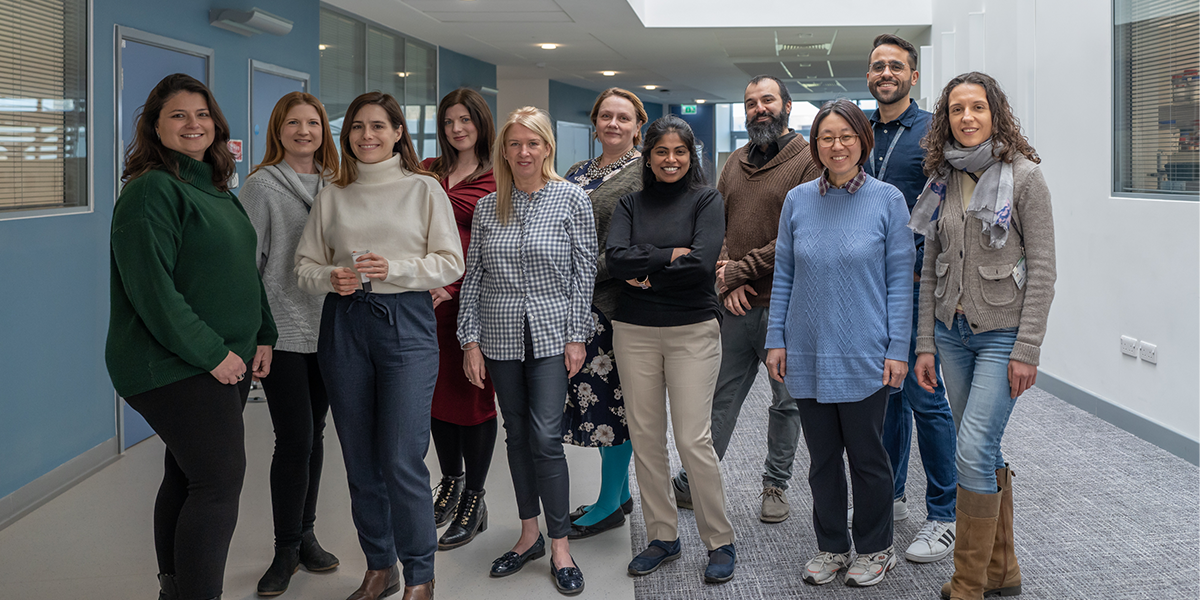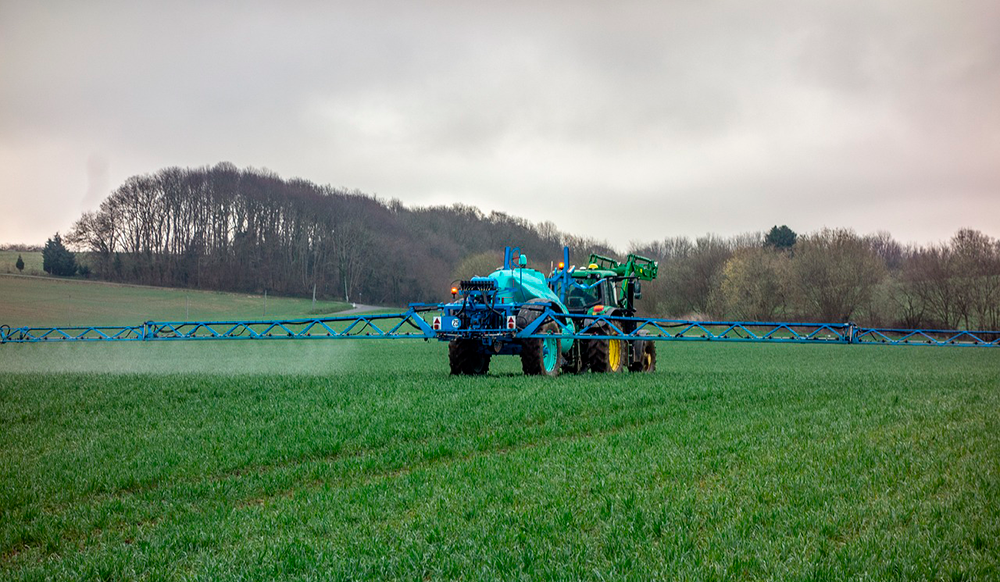
FA BIO, a British startup focused on discovering fungal microbes to replace synthetic fertilizers and pesticides in agriculture, has closed a €6 million investment round. The round was led by Clean Growth Fund and PYMWYMIC, with participation from Ship2B Ventures through the BSocial Impact Fund, supported by Banco Sabadell, FEI, and AXIS.
Synthetic fertilizers and pesticides, a threat to human health and the planet.
The introduction of synthetic fertilizers and pesticides in agriculture over the past century marked a turning point in global agricultural activity, driving intensive and large-scale food production. This practice quickly spread globally, responding to the need to produce food for a constantly growing world population. However, in recent decades, the negative effects on the environment, human health, and biodiversity have intensified due to the excessive use of these products. A recent study from the University of Cambridge concludes that synthetic fertilizers generate the equivalent of 2.6 billion tons of CO2 annually, representing 5% of global greenhouse gas emissions – more than aviation and maritime transport combined.
Chemical fertilizers are a major contributor to greenhouse gas emissions causing global warming, threatening people’s health and biodiversity.

Additionally, about two-thirds of nitrogen and half of phosphorus fertilizers applied to crops runoff, often ending up in watercourses and oceans, endangering aquatic ecosystems. In its study on the effects of pesticides and fertilizers on the environment and health, UNEP estimates that there are around 385 million cases of non-lethal unintentional poisoning by pesticides and approximately 11,000 deaths annually.
Sustainable agriculture and the potential of microorganisms
Through the European Green Deal, EU countries have committed to an ecological transition to achieve climate neutrality by 2050. The shift towards sustainable agriculture is crucial for this process, with a growing focus on practices that promote the regeneration of organic matter and soil biodiversity. The use of microorganisms to generate biofertilizers significantly improves plant performance and soil health, being more affordable and durable than chemical options. This has led to an increasing adoption of these practices in recent years.
However, many farmers remain cautious about moving away from conventional methods. Skepticism persists, especially among conventional farmers, as the effectiveness of microbial products can vary depending on soil, climate, and weather conditions, unlike synthetic fertilizers.
Developing specific solutions for each crop, region, or soil takes time, with a low success rate in current methodologies.
FA BIO, revolutionizing sustainable agriculture with the discovery of superior microbes
Led by Dr. Ángela de Manzanos Guinot and Dr. Kerry O’Donnelly Weaver, the British biochemical startup aims to protect natural ecosystems by identifying bioproducts that will enhance soil health and increase crop production.
FA BIO utilizes its innovative SporSenZ technology, a unique targeted microbial sampling strategy, to gather data and microbial strains from agricultural fields. With its team of expert scientists, the company aims to develop the most promising microbes into agricultural bioproducts for key crops in global food systems.

“Intensive agriculture and the excessive use of agrochemicals have contributed to a 70% loss of biodiversity in the last 50 years, exacerbated by the harmful effects of climate change, such as drought, soil warming, and higher CO₂ levels. Our innovative technology and revolutionary bioproducts have the potential to increase crop productivity and provide a natural alternative to chemical fertilizers, protecting the world’s natural ecosystems.”
Dr. Ángela de Manzanos Guinot, CEO and co-founder of FA BIO.
The investment will support the commercialization of FA BIO’s technology, ongoing research, and the expansion of its team.
